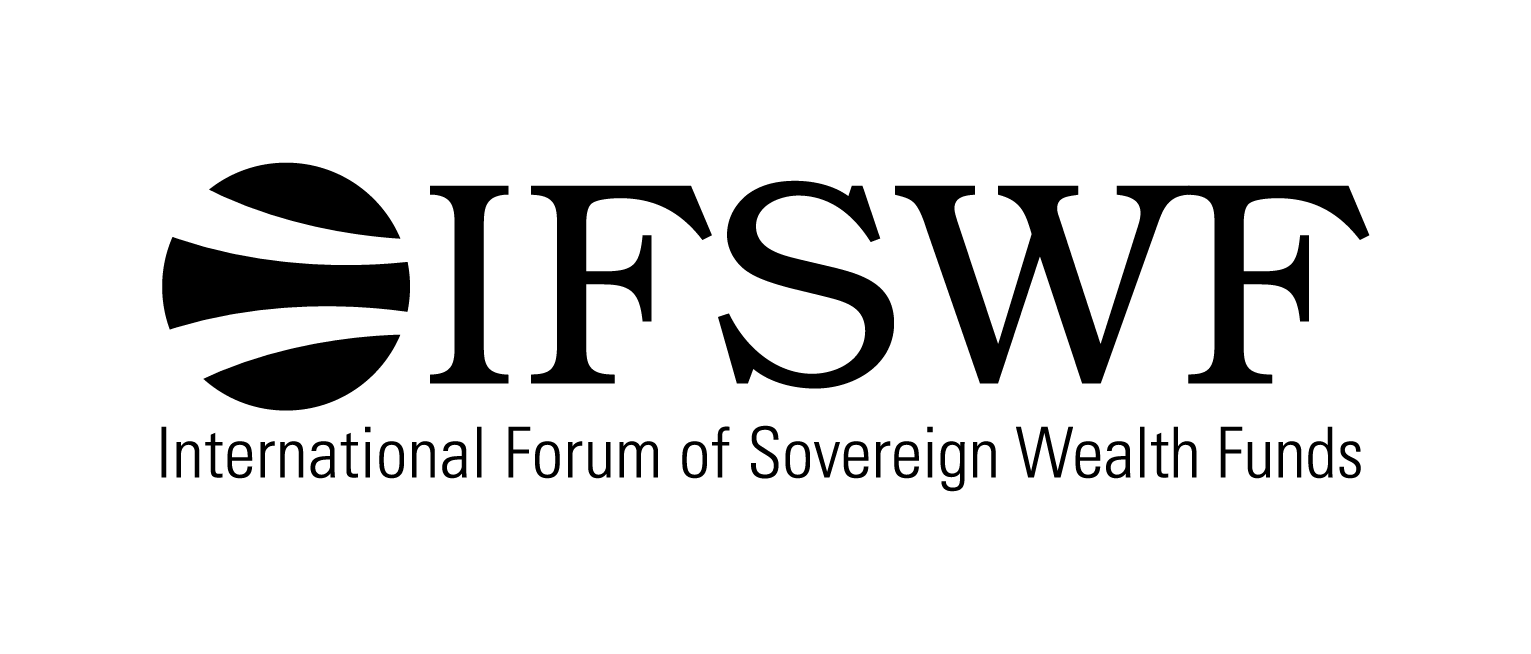After two years of accelerating inflation, rising prices appear to be being controlled by the actions of central banks. In this report, State Street and IFSWF uncover insights into how institutional investors and sovereign wealth funds implemented their capital flow and portfolio reallocation decisions over the past year as market conditions evolved.
The research is powered by State Street’s proprietary indicators of institutional investor flows and holdings derived from the anonymised and aggregated activity of institutional investors, representing more than $40 trillion in assets. This data is contextualised by input from ten IFSWF member sovereign wealth funds.
The report highlights the following trends:
- With inflation perceived to be under control, developed market central banks have begun contemplating looser monetary conditions, igniting a degree of risk-taking by investors. But some, including IFSWF members, have been more cautious.
- Global investors have shown a defensive tilt in their equity investments, preferring quality and defensive sectors. Their fixed-income and foreign-exchange allocation decisions similarly reflect preferences for the US market. IFSWF members also increased their allocations to short-duration fixed income to increase liquidity given capital requirements and possible market dislocations.
- In private markets, limited partners remain concerned about subdued exit activity and smaller and slower distributions.
- For the remainder of 2024, interest rates, politics, and international conflict remain key narratives that are likely to prove influential for IFSWF members and other global investors.

